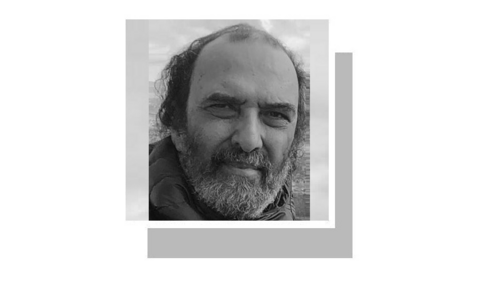
AU Commission chief Jean Ping said the armed struggle was nearing an end and that the pan-African body should support the Libyan people to move to the next stage.
“It is now clear that the military phase of the conflict is about to end,” said Ping at the opening of an AU Peace and Security Council meeting in Addis Ababa over the Libyan crisis, attended by only three African leaders.
“On this new phase that's opening in Libya, we have to stand by the Libyan people and continue to engage them with the same determination.”
“Now more than ever, we have to make efforts to ensure an inclusive and consensual transition to lead us to elections that will allow the Libyan people to freely choose their leaders,” Ping said, without specifying exactly who that will involve.
The AU has opposed the Nato air raids against Qadhafi and repeatedly called for dialogue between the Libyan leader and the rebels, but its efforts have largely been ignored.
The 54-member bloc has yet to recognize the rebel-led National Transitional Council (NTC) as Libya's governing authority, although several African states have individually acknowledged the rebel government.
Ethiopia and Rwanda have called on the AU to support and acknowledged the rebels, who have forced long-serving Qadhafi to flee from Tripoli to an unknown location as they stormed the capital at the weekend.
The NTC announced Friday they would move their leadership from the eastern city of Bengazi to Tripoli, where they still face resistance from diehard regime loyalists.
Qadhafi's whereabouts however remain unknown despite an intensive search by rebel forces, and on Thursday he broadcast a new audio message calling on the populace to take up arms.
In Addis Ababa, of the 15-member AU Peace and Security Council, only the presidents from Djibouti, Uganda and South Africa were at the meeting.
The decision comes after direct peace talks with Israel ran aground late last year in an intractable dispute over Jewish settlement construction on occupied Palestinian land.
Israel is strongly opposed to such a move, saying negotiations are the only way to resolve the conflict and establish a Palestinian state - a position backed by Washington, which has announced its intention to veto the request.
















































